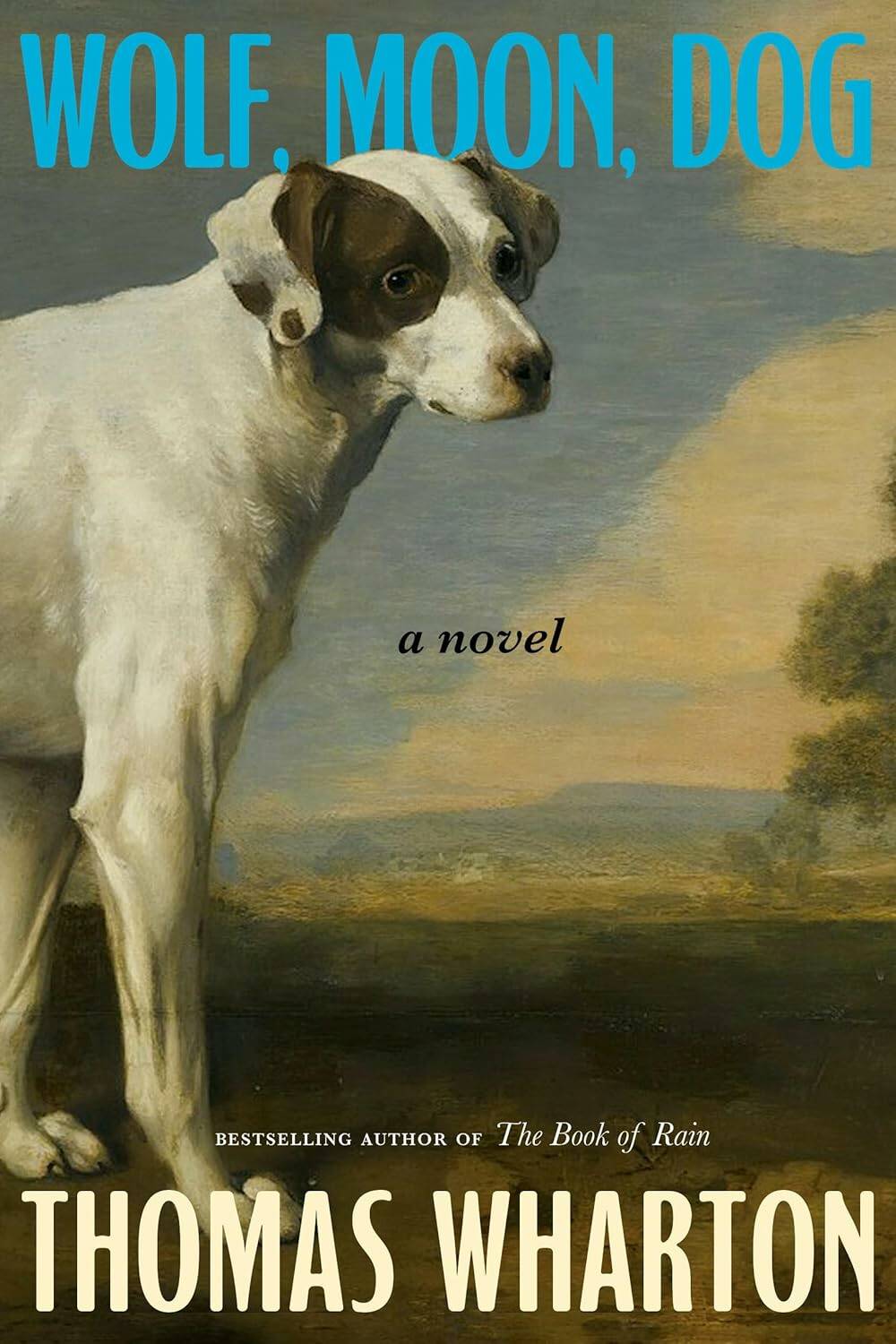Man writes dog’s rising role as human companion
Advertisement
Read this article for free:
or
Already have an account? Log in here »
To continue reading, please subscribe:
Monthly Digital Subscription
$0 for the first 4 weeks*
- Enjoy unlimited reading on winnipegfreepress.com
- Read the E-Edition, our digital replica newspaper
- Access News Break, our award-winning app
- Play interactive puzzles
*No charge for 4 weeks then price increases to the regular rate of $19.95 plus GST every four weeks. Offer available to new and qualified returning subscribers only. Cancel any time.
Monthly Digital Subscription
$4.99/week*
- Enjoy unlimited reading on winnipegfreepress.com
- Read the E-Edition, our digital replica newspaper
- Access News Break, our award-winning app
- Play interactive puzzles
*Billed as $19.95 plus GST every four weeks. Cancel any time.
To continue reading, please subscribe:
Add Free Press access to your Brandon Sun subscription for only an additional
$1 for the first 4 weeks*
*Your next subscription payment will increase by $1.00 and you will be charged $16.99 plus GST for four weeks. After four weeks, your payment will increase to $23.99 plus GST every four weeks.
Read unlimited articles for free today:
or
Already have an account? Log in here »
For Thomas Wharton, there’s more to a dog’s life than sit, stay, heel. Much more.
In his latest book, the Alberta author is in familiar territory writing across different historical eras. His first, the award-winning 1994 literary novel Icefields, bridged the 19th and 20th centuries; his 2023 sci-fi tale The Book of Rain dealt with disruptions to time and space.
Here, he begins in prehistory with the first wolf to check out a human campfire and give these strange two-legged creatures a chance. The wolf-to-dog’s spirit returns over the ages, from ancient Greece and Egypt, to 13th-century China, to late medieval France, to 19th-century England, as well as the modern era and an imagined future.

Wolf, Moon, Dog
The emerging theme is that we not only turned wolves into dogs, they made us more fully human.
Wharton takes the reader to canine incarnations both familiar and surprising. He casts three-headed Cerberus, guardian of the Greek underworld, as a rescue. He illuminates the thoughts, feelings and confusion of Laika, the first living creature to orbit the Earth.
Wharton also deftly switches tone and style in different genres, not surprising given he’s also the successful YA fantasy author of the Perilous Realm trilogy.
A 15th-century trial is shown via court proceedings. It’s clear the defendant, a dog named Wolf, has no idea what’s going on. After the magistrate elucidates the serious crimes of “wanton murder” of hens and a rooster, and biting a stonemason on his posterior, we see the judge doesn’t understand the dog either.
WOLF: Hello! I need to pee.
MAGISTRATE: Court Clerk, have it entered into the record that the hound named Wolf just growled menacingly at this bench. Advocate for the accused, restrain your client.
ADVOCATE BARTHÉLMY: That was not a growl, Your Honour. It was more of an excited whine.
A different “story” consists entirely of disconnected things humans say to dogs, regardless of whether the latter could possibly understand. Interrogative: “What have you got in your mouth? What is that? Drop it right now!” Diplomatic: “I would appreciate it if you would stop arranging the pillows.” Candid: “Honestly, if it wasn’t for you I’d be lying dead in a ditch somewhere.” Unnerved: “When you stare at the wall like that it really freaks me out.”
Although many narratives are leavened with humour, not all are lighthearted or satirical.
Wharton doesn’t gloss over the worst uses to which we’ve put dogs. The microfiction piece Good Dog is a gut-punch. “Here there was one rule above all, and though it went against his deepest instinct, he learned to act on it without hesitation. The humans who worked in the fields were not humans.”
Wharton’s belief that we cultivated something gentler in wolves is balanced by his argument that they encouraged the cooperative and generous aspects of our species — though it’s clear he sees human kindness and morality as a struggle in progress.
In one story, a dog from our time is told by those from the far-flung future: “We wouldn’t have existed without them, and without us they never would have grown past (their primitive selves).” And in millennia of using dogs for hunting, herding, war, experimentation, “Over and over again, humans reinvented the dog, and the meaning of the dog for themselves.”
Wharton doesn’t end on a down note, however; he picks up the first tale (tail?) once more at the end, prodding the reader to consider this timeless interspecies bond.
This is a book for the avowed the dog-lover, yes, but also for those who just don’t “get” dogs — it makes a strong case why the two species are better off together.
David Jón Fuller is a Winnipeg writer, editor and “dog person.” His debut novel, Venue 13, is forthcoming in 2026 from Turnstone Press.

Our newsroom depends on a growing audience of readers to power our journalism. If you are not a paid reader, please consider becoming a subscriber.
Our newsroom depends on its audience of readers to power our journalism. Thank you for your support.


